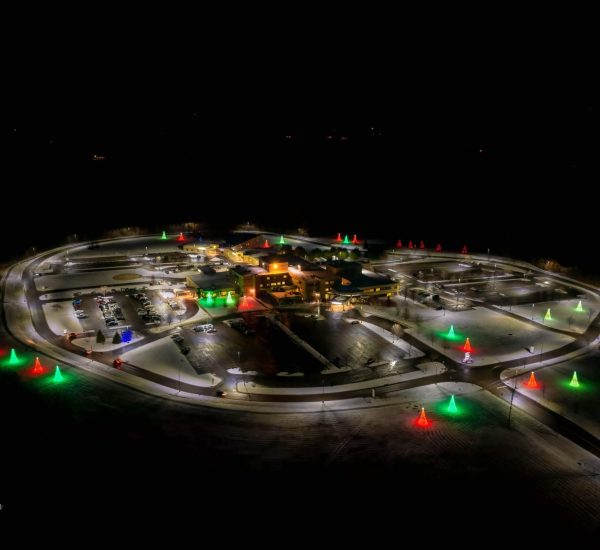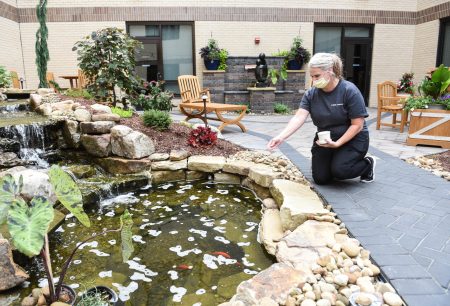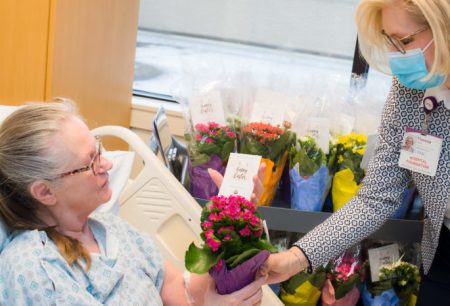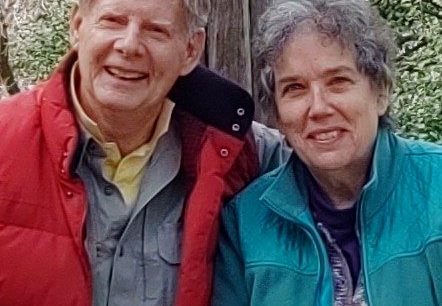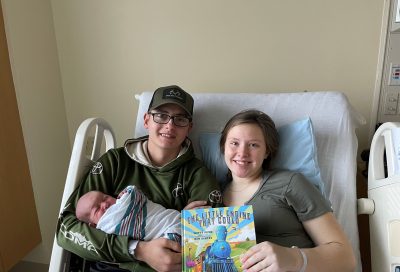The holiday season is going to be just a little bit brighter this year — perhaps a lot brighter, actually — at UPMC Northwest, thanks to the glow of 24 donated red and green LED Christmas trees. Each tree is placed in a special location for optimum viewing to help brighten Christmas for patients, staff,
Read More… from Christmas Magic is in the Air at UPMC Northwest
